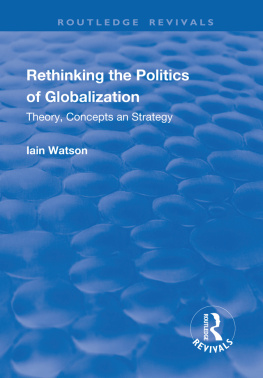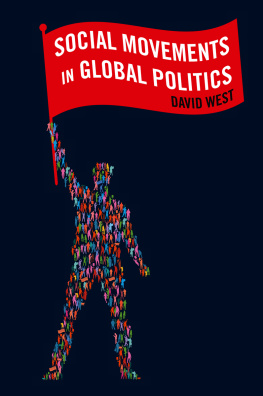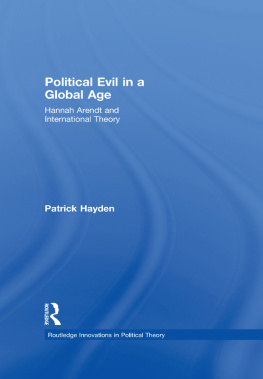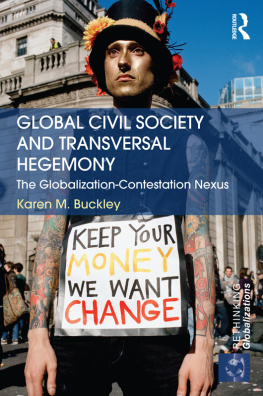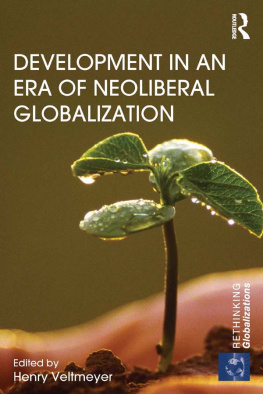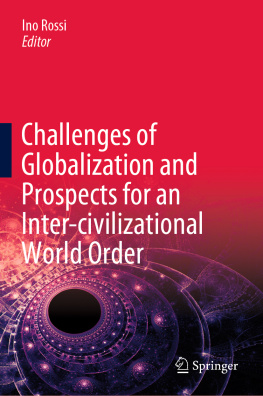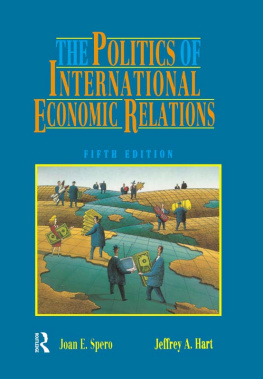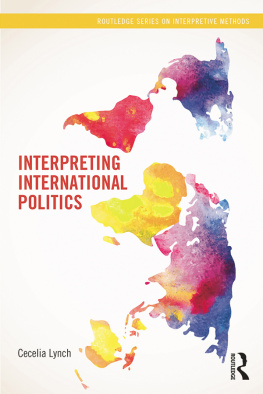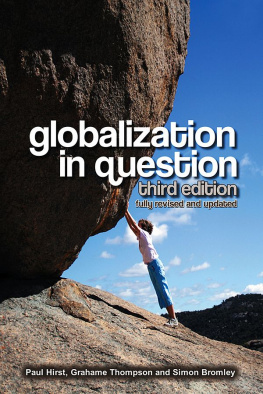First published 2002 by Ashgate Publishing
Reissued 2018 by Routledge
2 Park Square, Milton Park, Abingdon, Oxon OX14 4RN
711 Third Avenue, New York, NY 10017, USA
Routledge is an imprint of the Taylor & Francis Group, an informa business
Copyright Iain Watson 2002
The author has asserted his moral right under the Copyright, Designs and Patents Act, 1988, to be identified as the author of this work.
All rights reserved. No part of this book may be reprinted or reproduced or utilised in any form or by any electronic, mechanical, or other means, now known or hereafter invented, including photocopying and recording, or in any information storage or retrieval system, without permission in writing from the publishers.
Notice:
Product or corporate names may be trademarks or registered trademarks, and are used only for identification and explanation without intent to infringe.
Publishers Note
The publisher has gone to great lengths to ensure the quality of this reprint but points out that some imperfections in the original copies may be apparent.
Disclaimer
The publisher has made every effort to trace copyright holders and welcomes correspondence from those they have been unable to contact.
A Library of Congress record exists under LC control number: 2002024920
ISBN 13: 978-1-138-71947-7 (hbk)
ISBN 13: 978-1-315-19538-4 (ebk)
Whenever we listen to political debates today, the word globalization is never very far away. The term globalization implies that we are living in a new era of human history (Robertson, 1992; Scholte, 2000; Waters, 1994). For the optimists, this new era harbours a welter of economic, social, political and cultural opportunity. For others, globalization is an insidious process of global capitalism or even a malign class project/strategy that is naturalizing and legitimating a particularly harsh reality of neo-colonialism through the axiom 'there is no alternative' (TINA). Thus, economic, social, cultural and political global transformations are causing widespread intellectual and political anxiety (Amoore et al., 1997, 2000; Gills, 2000; Watson, 2001). Indeed, increasing electoral apathy, indifference, cynicism, boredom and irony have all, in the post-Thatcherite times, come to be, more or less, perfunctory insults thrown at an increasingly bewildered political establishment. Scepticism with the day to day relevance of the political process has been cultivated by ongoing soundbites and the making of election commitments (for better services of health, transport and education) which are of course, not always met. Such apathy is best exemplified by low election turn outs, nourished on a diet of maxims claiming that privatization and the market do work in this 'best of all possible worlds' (Falk, 1996; Klein, 2000, 2001). Protests such as those in France in 1995, Seattle in 1999 and Prague in 2000, have shown that 'challenge' in an age of globalization is occurring outside the democratic and political processes of the sovereign state and is becoming more and more virulent. Indeed, interdependence and globalization suggest the ongoing emasculation of state autonomy. Many protests consist of a variety of individuals, social movements and non-governmental organizations (NGOs) concerned with the social, economic, cultural and political vicissitudes of global capitalism, free trade, continuing Third World debt and global environmental risk to name just a few (Beck, 1992; Burbach, 2000; Jubilee, 2000).
Images of globalization now range from the iconic and incandescent symbolism of Coca-Cola, Gap, McDonalds, Nike , Shell and Starbucks to the growing perils of global environmental catastrophe (George, 2001; Roddick, 2001). In a post-Cold War age of a problematic globalization however, when 'politics' (in general) and the revolutionary doctrines of Marxism/socialism have been so besmirched and the political left is seen to be moving from its traditional leftist roots, then what kind of ideological and political alternatives to the globalization of capitalism and its institutions, can be, should be and are being constructed?
This book argues that the fact that the 'g' word is so ubiquitous, leads to the suspicion that the conventional horizons and the distinctions between national politics and international politics are becoming increasingly permeable, even outdated. Critics of economic globalization and free trade in particular, are being portrayed as at best, historically anachronistic or worse, intellectually self-indulgent, because, the argument goes, liberalization releases individuals from the shackles of the state to pursue their entreprenuerial ambition to create wealth which will 'trickle down' forging a world community of markets and democracy (Crook, 2000; Wheen, 1999). Yet, as one distinguished sociologist suggested recently, the:
current scare word globalization, seemingly unavoidable in any public statement, points not to an end of politics but to its escape from the categories of the national state, and even from the schema defining what is political and non-political action (Bauman, 2000, p. 1, my emphasis).
Globalization is a descriptive and prescriptive term originally used by free-market economists who argued that the world economy was quite magnificently driven by ever larger institutions of business and finance that seemed to be outstripping the sovereign power of national government. The early architects of free market globalization wrote about a coming borderless world and the economic inefficiencies of state intervention. Writers such as Kenichi Ohmae (1985) extolled the virtues of a mass global market, the advantages to productivity and communication of new information technologies and business/strategic coordination. This galvanized multidisciplinary interest in global transformations (technological, political, social and cultural) and focused upon the sociological and cultural impacts of a new era of multinational capital and a concomitant development of an age of global modernity and the cultures of 'postmodernity'. We could also see the essence of globalization as generating a unique juxtaposition of time/space compression, social 'distanciation' and dsembeddedness, and a unique linking of the parochialisms of the local, to the political space of the global with the acceleration of change (Giddens, 1990). This is also predicated upon a subjective consciousness of the global space as a concrete lived experience rather than an abstract place 'out there' (Robertson, 1992). Debate surrounding 'globalization' clearly engenders issues and controversies surrounding the 'newness' of this social change (Barry-Jones, 1999; Clarke, 1998; Falk, 1995; Waters, 1994). Global transformations wrought by the interactions of structures and agents have developed along with unique spatio/temporal structures which herald a distinctive extensity, intensity, velocity and impact of global flows running alongside distinctive patterns of institutionalization, and modes of economic, political, social and cultural contestation (Held and McGrew, 1998). Here, in this analysis, globalization is understood as the following.
- A new form of geographical expansion.
- A new form of information technology.
- New normative demands for universal human rights.
- Represented by new dominant actors such as TNCs.

